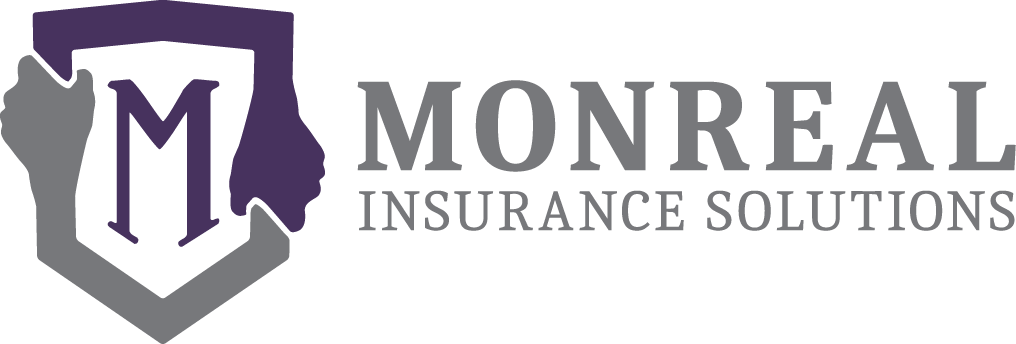
When signing a commercial lease, the number that stands out first is rent per square foot. But for many business owners, that figure only scratches the surface of what it truly costs to occupy and protect a commercial space.
In 2025, the commercial real estate landscape has changed dramatically — vacancy rates are still high in some areas, but rents haven’t fallen much. Why? Let’s break down what’s really happening and why having the right commercial property insurance is your best safety net.
Understanding Today’s Lease Prices
- Office spaces average $33.34 per sq. ft nationwide — a 5.4% increase year-over-year despite widespread remote work.
- Industrial spaces — such as warehouses and distribution centers — average $8.30 per sq. ft, but smaller facilities near metro areas are in short supply, pushing rents up another 6.6% in 2025.
- Retail spaces in suburban zones remain competitive, offering slightly better deals than downtown areas, where foot traffic has not fully recovered post-pandemic.
So why are prices still rising?
Even with high vacancy rates, landlords prefer offering temporary incentives instead of cutting base rents — such as one or two free months of rent, or small tenant improvement allowances. This keeps property values high on paper, protecting their financing terms.
But for tenants, it means higher operating costs over time, even if the initial deal looks attractive.
Key Coverage Types Every Tenant Should Have:
- Commercial Property Insurance
Protects your equipment, furniture, inventory, and improvements from damage caused by fire, theft, vandalism, or weather events.
- General Liability Insurance
Covers injuries or damages to third parties — for example, if a customer slips in your store or your operations cause property damage to others.
- Business Interruption Insurance
If a covered event (like a fire or storm) forces your business to close temporarily, this policy covers lost income and ongoing expenses such as rent and payroll.
- Workers’ Compensation
If you have employees, most states require this coverage. It pays for medical expenses and wages if someone gets injured on the job.
Without these protections, one unexpected event could wipe out your investment — and you’d still owe rent.
Hidden Costs Every Tenant Should Know
Here’s the biggest misconception:
Your landlord’s insurance only covers the building structure itself — not your business, equipment, or liability risks.
That’s why commercial insurance is crucial to safeguard your operations and finances.
Common Area Maintenance (CAM) Fees
These are shared expenses that cover maintenance of hallways, parking lots, landscaping, security, lighting, and signage.
Depending on the property, CAM fees can add 10–20% to your total monthly bill.
Taxes and Insurance Clauses
Many landlords include “triple net” (NNN) leases, which mean you pay your portion of property taxes, insurance, and maintenance on top of base rent.
For example, a $2,000/month base rent could become $2,400+ after these add-ons.
Build-Out and Improvement Costs
If you customize your space — such as adding office partitions, new flooring, or upgraded electrical — those modifications become your responsibility to insure and maintain.
Utilities and Unexpected Expenses
Commercial tenants often pay for utilities separately, including electricity, water, and internet, which can fluctuate seasonally. A poorly insulated warehouse, for instance, can lead to high summer cooling bills.
In total: a space that looked affordable at first glance might end up 20–30% more expensive after hidden costs are factored in.
How Leases Affect Your Insurance CoverageLeases and insurance policies are closely connected — and every business owner should review both together before signing.
Typical leases include a clause requiring tenants to carry specific types of insurance and list the landlord as an “additional insured.”
Failing to meet these requirements can violate your lease terms and lead to penalties or eviction.
By reviewing your lease with your insurance broker, you can:
1. Ensure your policy meets the landlord’s requirements
2. Avoid overlapping or missing coverage
3. Negotiate responsibilities for insurance deductibles, repairs, and claims
Monreal Insurance Solutions helps you interpret those complex clauses, ensuring that your coverage truly protects you — not just your landlord.
Smart Leasing + Smart Insurance = Long-Term Security
Negotiating a lease is about more than just getting a good rate. It’s about understanding your total exposure — and protecting your investment with the right coverage.
A few tips before signing:
Review the “Insurance and Indemnity” section of your lease carefully.
Confirm who’s responsible for building insurance vs. business insurance.
Talk to a trusted commercial insurance broker who understands lease structures — like Monreal Insurance Solutions.Leasing a commercial property isn’t just a real estate decision — it’s a business strategy.
Rent, maintenance, insurance, and downtime costs can all affect your profitability.
Business owners who understand these factors and secure proper insurance coverage not only protect their assets but also gain peace of mind knowing they’re financially resilient against disasters.
If you’re signing a new lease, expanding your business, or managing multiple locations, it’s time to review your coverage.
The commercial lease market may fluctuate, but one thing remains constant: the risk of unexpected loss. Whether you run a small retail shop, a contracting business, or manage an office space, having the right insurance protection ensures that rent isn’t the only thing you can afford to pay.
For more info, text or call Monreal Insurance Solutions at (909) 757-1311.
